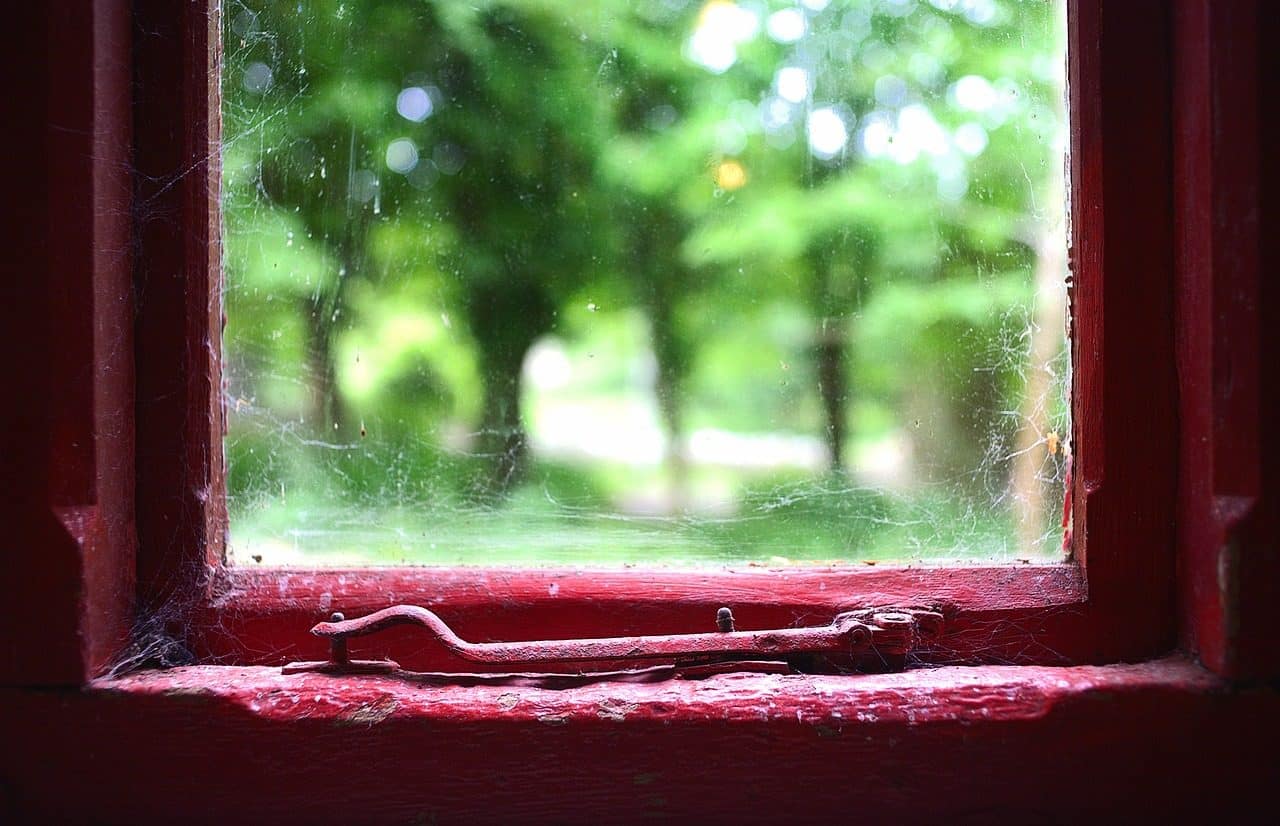
The phobia of open spaces is known as window phobia.
Agoraphobia is the phobia of open spaces . Those who suffer from this psychiatric disorder feel terror or anguish when they find themselves on a street, in a park or in another open place, where many people can gather.
In order to fully enter into the definition of the concept, the first thing we have to do is know its etymological origin. In this case, we have to say that it is a word of Greek origin, since it is the result of the sum of two terms from that language:
- The noun agora , which can be translated as "public square" or "assembly."
- The term phobia , which is synonymous with "fear" .
Concept of agoraphobia
In Ancient Greece , the public square where assemblies and social gatherings were held was called an agora . A phobia , on the other hand, is an exaggerated and obsessive fear or rejection. In this way, if we join the two concepts, we find the idea of agoraphobia: the fear or aversion to a public place.
Being in a space with these characteristics causes anxiety and nervousness in the agoraphobic, who may experience excessive sweating, tremors, increased heart rate and increased blood pressure, among other disorders. This is because the person feels that they cannot have control of the situation and their own life.
In the same way, we must not ignore other symptoms that people with agoraphobia suffer, among which are serious difficulties breathing normally, chest pain, nausea and dizziness...

Agoraphobia often includes aversion to crowds.
Classification according to type
It can be established that there are three different types of agoraphobia:
- That which is not linked to stories of panic disorder.
- Panic disorders with agoraphobia.
- Panic disorders without agoraphobia.
Origin of agoraphobia
Agoraphobia usually arises from negative experiences. The subject tries not to repeat those experiences and, in this way, develops a mechanism that tries to protect him, although in reality it triggers a whole series of disorders that threaten well-being and that can even incapacitate the individual.
The treatment of agoraphobia is carried out with psychological therapy . The specialist, in a controlled environment, will try to make the patient experience those stimuli that cause discomfort so that he or she can understand that the automatic mechanisms are false. That is to say: if a person, when outdoors, feels dizzy and believes he or she will faint, the psychologist will seek to demonstrate that the dizziness that is generated is not automatically followed by fainting. To avoid the initial sensation, there are various relaxation exercises.
Other information of interest
Other interesting facts about agoraphobia are the following:
- Treatment can also be based on the intake of certain medications, such as antidepressants .
- A different method to treat this situation is exposure therapy , which is identified because it makes the person be in contact with their fears and the causes that generate them.
- One of the biggest complications of the treatment of agoraphobia is that people who suffer from it tend to isolate themselves from others, to be alone. Hence, it is easy for them to fall into depression that can even generate thoughts of suicide.
